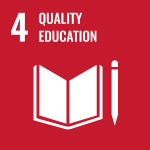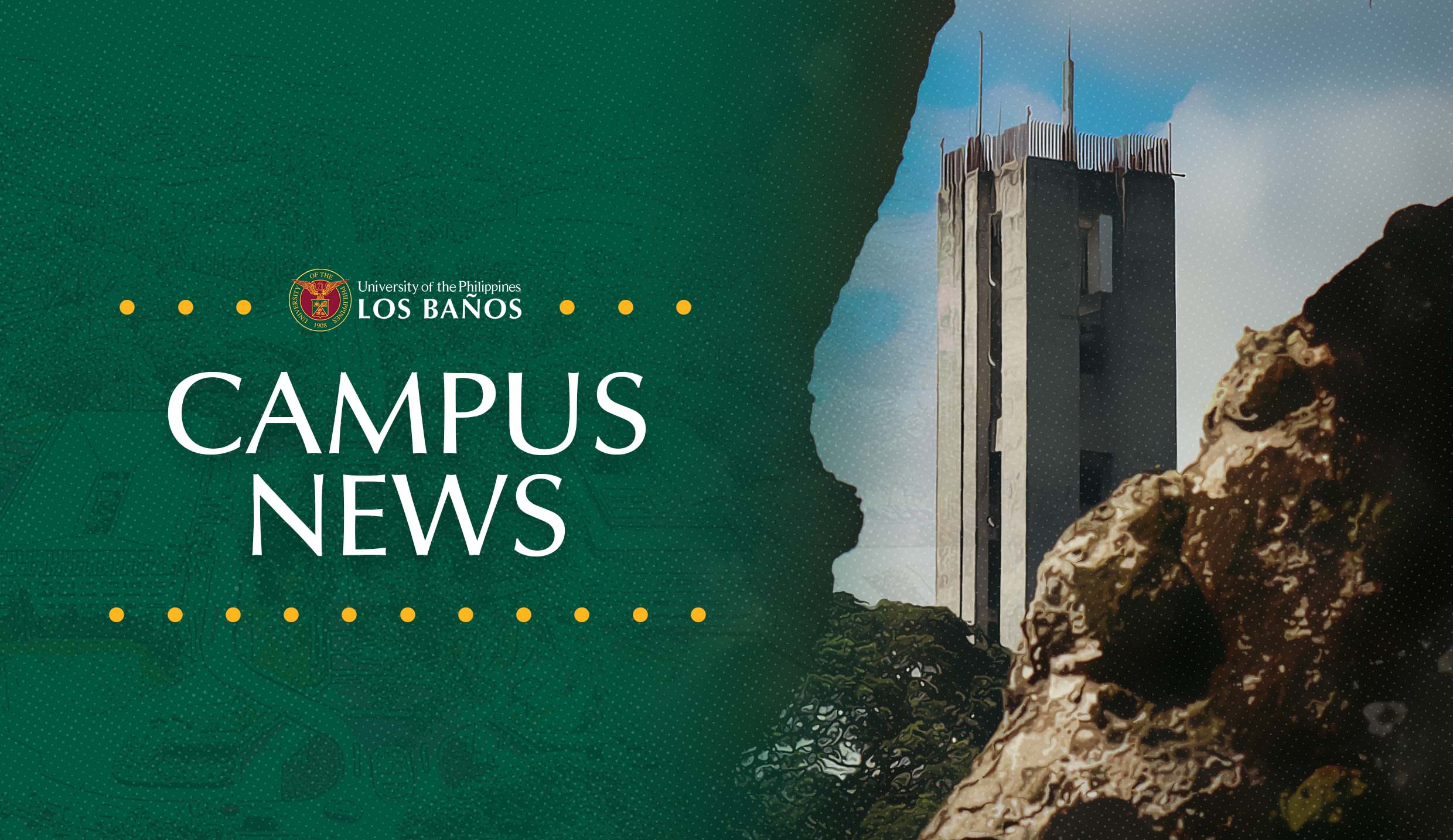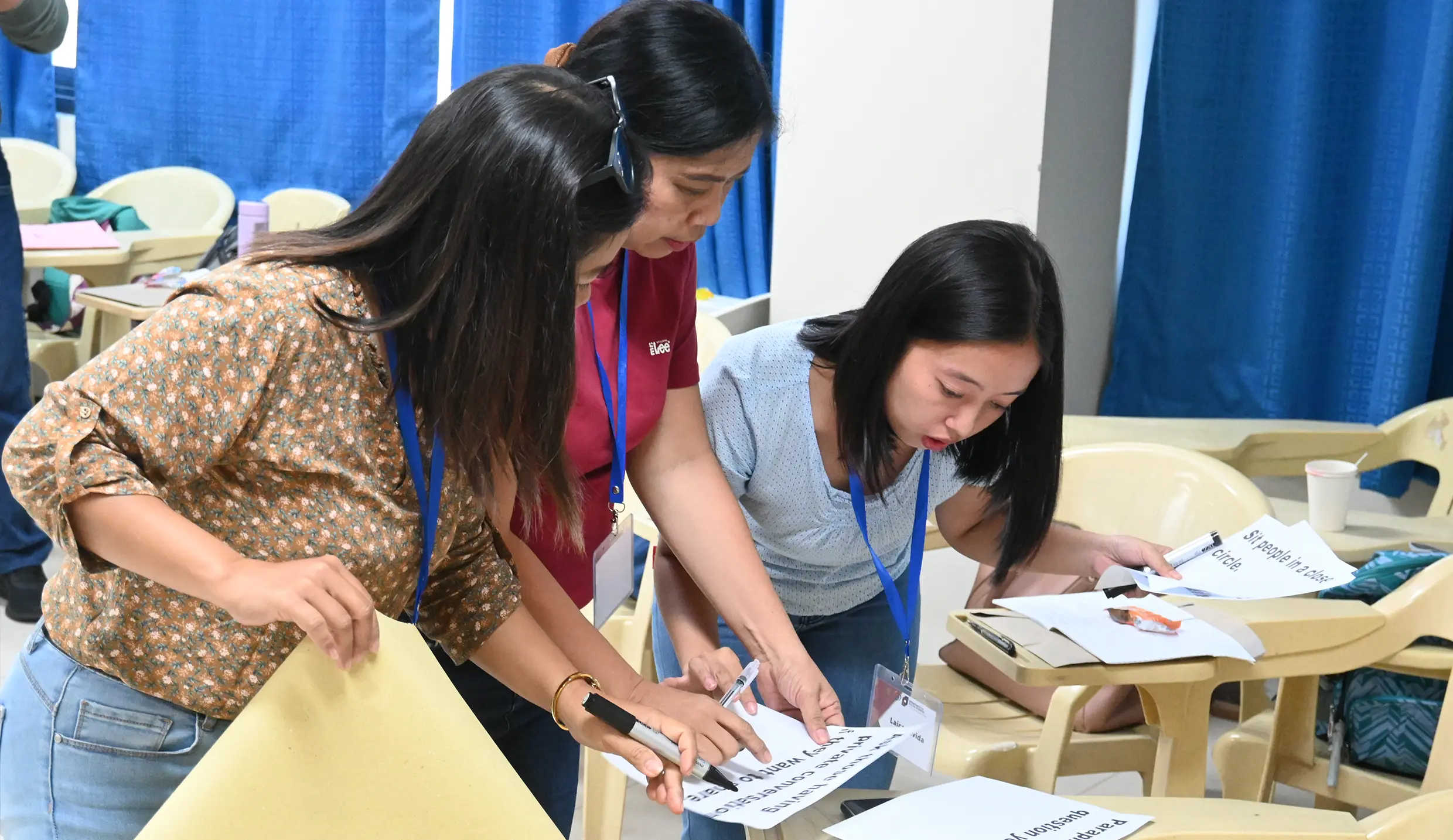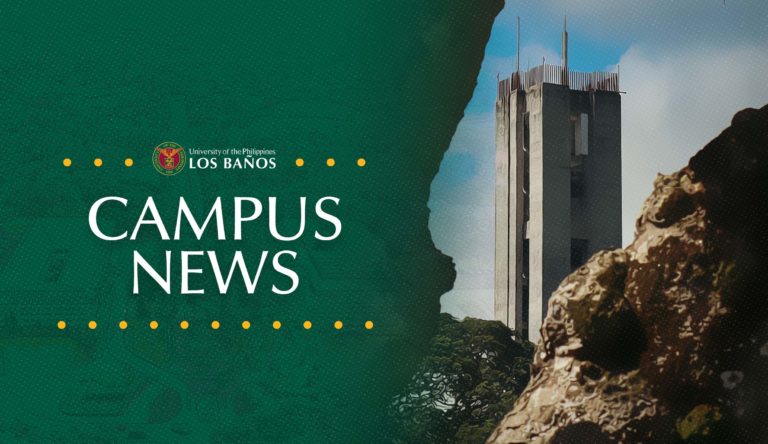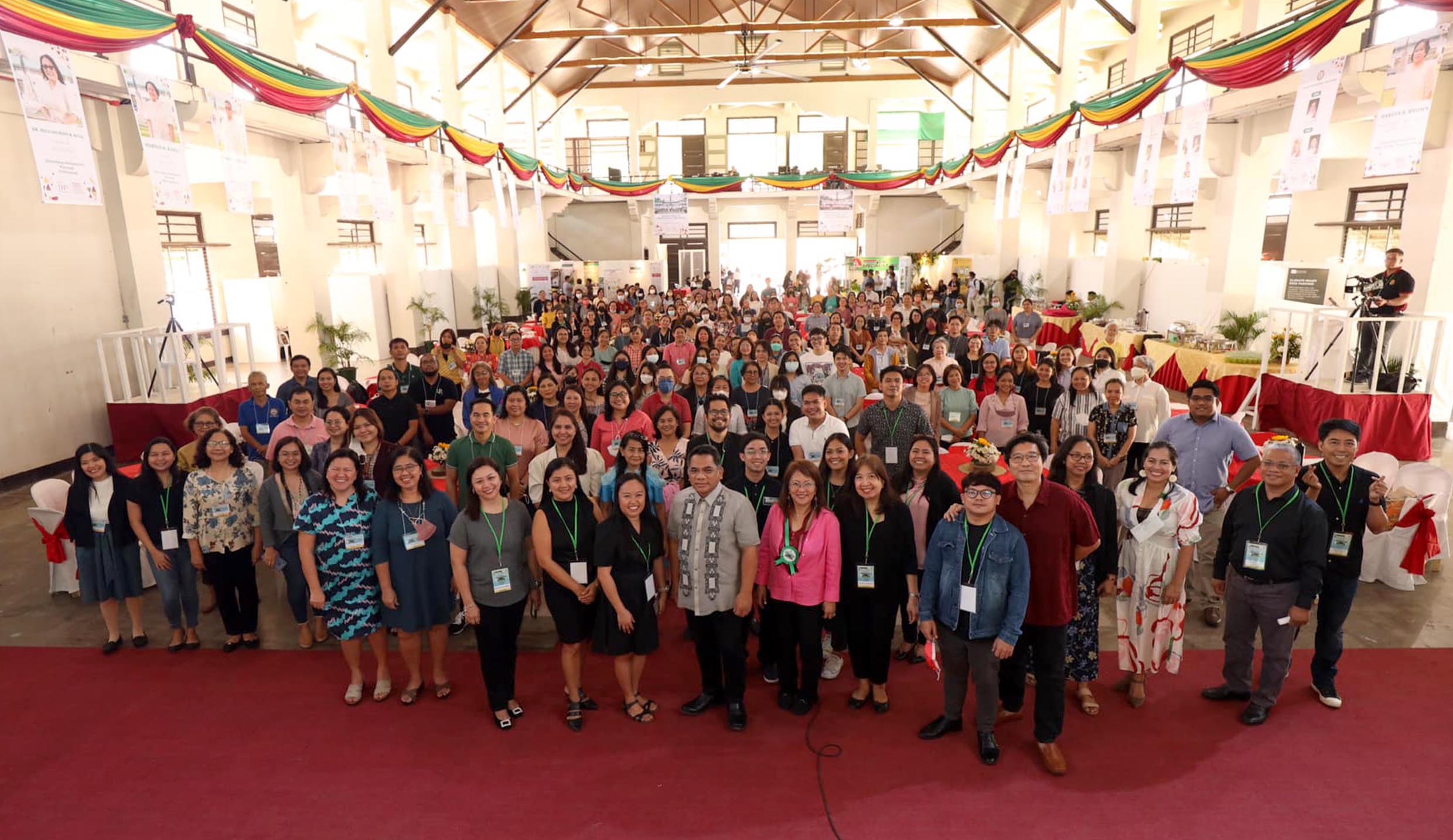
“UPLB is the campus of the future.” These were the words of UP President Angelo A. Jimenez at the UPLB 114th Foundation Day Convocation and Awarding ceremony held on March 6. This vision also became the foundation and highlight of Chancellor Jose V. Camacho’s message at the 1st National Scientific Conference and 13th General Assembly of the UP Society of Research, Extension, and Professional Staff (UP REPSS) held on March 7-8.
Chancellor Camacho highlighted the role of the REPS in future-proofing UPLB and strengthening its role as a research university. He recognized their contributions to the university, especially amidst the pandemic, as frontliners and torchbearers of UPLB’s research and public service activities.
For his part, Dr. Nathaniel C. Bantayan, vice chancellor for Research and Extension, reported about the University’s vigorous local, national, and international partnerships, which will also increase opportunities for REPS development.
Dr. Nur Azura Binti Adam, deputy director for Programs at the Southeast Asian Regional Center for Graduate Study and Research and Agriculture (SEARCA), served as the plenary speaker of the conference. She spoke about the expanding role of higher education institutions (HEIs) as engines of social inclusion, main drivers of the UN Sustainable Development Goals, and service contributors to society.
As these roles require the strengthening of extension and research activities in HEIs, she recommended that HEIs provide an enabling environment that will foster mutual learning and co-learning in universities through the establishment of multi- and interdisciplinary laboratories, centers, and institutes; and incentivizing scientific productivity that values people, partnerships, patents, products, processes, and profit.
She recommended retooling the application processes for intellectual property rights, patents, technology transfer, and commercialization, and creating more opportunities for engaging the industry, community beneficiaries, and other stakeholders, especially across the agricultural supply chain.
She also recommended contextualizing research proposals vis-à-vis the effects of the COVID-19 pandemic.
On the second day of the conference, Staff Regent Victoria C. Belegal gave updates about forwarding the concerns of the UP personnel to the UP Board of Regents (BOR). Among the welfare concerns that their office is working on is the amendment to the composition of the BOR to include a regent representing the REPS sector.
UP President Jimenez also gave a video message for the event, where he recognized the REPS as “the backbone of the university” who enable UP to serve its mandate as a national university and respond to the fast-changing and intertwined conditions that shape the global and national state of affairs.
“The role of academe is crucial to helping find solutions to these issues, not only in its function of teaching, but just as critical, through the research it generates, and the extension of public service it directly renders to society,” he said.
With the theme, “Evolving research and extension landscape: Future trends amidst current social and political climate,” the conference sought to give REPS a platform to share their research activities with students and the scientific community.
The conference featured presentations from various disciplines and university units which were aligned with AGORA, UPLB’s research and extension agenda. These were presented according to the themes of food security and sovereignty; ONE Health and well-being; climate, environment, and disaster risk-reduction management; innovations, technologies, and knowledge management; and business management and entrepreneurship. (Jessa Jael S. Arana)



